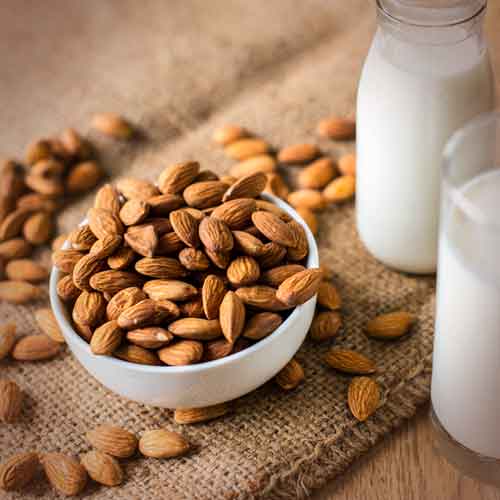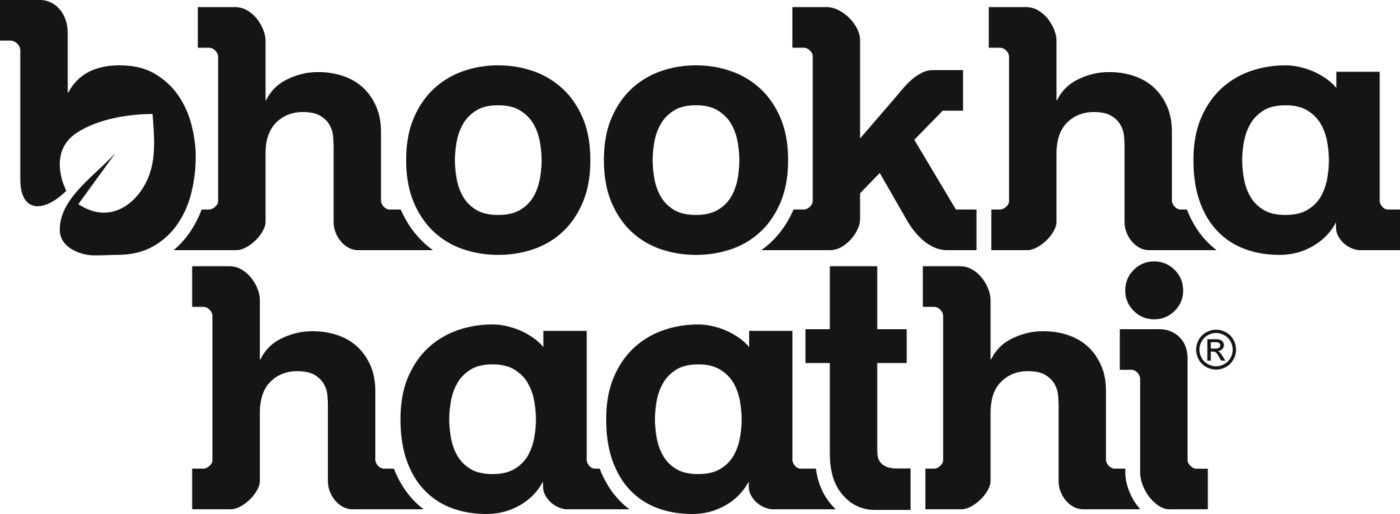
Protein is an essential component that acts as a building block in every cell of our body. Our body uses protein for the healing and repairing of tissues, provision of structure, and support, to manufacture enzymes and hormones, to balance bodily fluids as osmoregulators, and to promote growth.
It’s super important to know exactly which source you are obtaining your protein from and if it comes coupled with any additional harmful substances. This is key to extracting the benefits of proteins by adhering to a healthy diet in the long run.
There are several sources of protein like protein powders, capsules, tablets, and obviously, from natural sources.
Unlike vitamins and minerals, our body needs large amounts of proteins – which classifies it as a macronutrient. But it cannot be stored in our body like fat and carbohydrate, and thus it requires a constant supply.
A high protein diet increases satisfaction and curbs hunger pangs that lead to snacking and ultimately, overeating. It can thus help better in the process of weight-loss compared to any other form of diet.
Here are the three most important categories of food that you can obtain protein from.
Meat
Chicken Breast
Chicken breast is a classic example of lean meat that you can incorporate into your daily diet without having the fear of gaining calories. There are various ways you can have your chicken, like baked, grilled, lightly sauteed in some olive oil or tossed along with your favourite vegetables.
Pork tenderloin
There are several claims in the market that label pork as a type of white meat – but don’t let this make you believe that it is anything other than red. You should keep in mind that pork is a great source of lean protein and the associations of red meat and mortality should not be paid much attention to. Pork tenderloins can be found pre-marinated in the market and they are ready to pop into the oven or grill.
Lean Ground Turkey
When purchasing a ground turkey, make sure that the percentage of the leanness is mentioned – otherwise, you may end up with the fatty, grisly bits that will contribute to an unwanted portion of fat into your dish. The only disadvantage of buying very lean turkey is that when fried as a burger patty or meatballs, it can turn quite dry. Adding vegetables like bell peppers and onions can help add some moisture and flavour.
Scallops
Scallops are a great choice of lean meat for seafood-lovers or pescatarians. Surprisingly, they do not end up on many protein-source lists.
They have a unique, sort of mildly sweet flavour that doesn’t need more than a slight amount of seasoning. They can be consumed lightly seared with vegetables, by themselves, or in soups.
Tuna Fish
Tuna fish can very well be placed on the same rank as chicken when it comes to bodybuilding protein sources. Tuna should be consumed with caution as too much of it can cause mercury build-up in our body.
Dairy
Cottage Cheese
Apart from a host of vitamins and minerals, cottage cheese also contains high amounts of protein. Because of the fact that it is not as aged as other types of cheese, its flavour is a lot less sharp. It is known to contain few calories.
Swiss Cheese
Famous for the holes in it created due to the process of fermentation, Swiss cheese has a very mild and nutty taste. It contains a high amount of protein and lesser sodium and fat than most other proteins.
Milk
Milk majorly contains two types of protein – casein and whey, and both types are highly essential for the production of amino acids in our body. Whey protein is a source of leucine which is used by our body to synthesize proteins for the muscles.
Yoghurt
Yoghurt also consists of whey protein and casein.
Plant-based sources
Soy-based products
Soy-based products such as tofu (soybean curds) and edamame (immature soybeans) contain nearly 9 grams of protein per ½ cup. Tofu is often used as a meat substitute in a variety of dishes due it its ability to take on the flavour of what it is being cooked with. The beans also contain a high amount of minerals like calcium and iron which makes them a great vegan addition to your diets.
Lentils
Apart from being packed with proteins, lentils contain fiber, iron, and potassium. They can be added to soups, rice dishes, salads, and wraps for an extra dash of proteins.
Spirulina
Spirulina is blue-green algae that contain very high amounts of protein per serving – around 8g for every two tablespoons! It is available online in the form of a powder that can be added to smoothies, shakes, or even just water.
Quinoa
Quinoa is a grain that has high protein content. A cup of cooked quinoa contains around 8 grams of protein. It is filled with vitamins and minerals, as well. Because of its high fiber content, it can help fill you up when added to pasta, salads, or soups.
Nuts & Seeds
Nuts like almond, peanuts contain high amounts of healthy fats, micronutrients such as minerals and vitamins. Additionally, they contain around 21.15g of protein per 100g. Pumpkin seeds are another good source of energy & protein and provide 32.14g of protein per 100g.
Bhookha Haathi’s 100% natural dry fruit health booster is a great source to obtain protein from. It is free of harmful additives, colourings, or preservatives and is also gluten-free and vegan. Dry fruits are a great source of proteins, vitamins, minerals, and dietary fiber and our popular range of dry fruit and nut-based health booster powders are a great alternative to unnatural protein powders commonly available in the market.
Written by: Jahnabee Adhikari
Jahnabee is a part-time blogger, full-time dog lover. She believes that writing actually possesses the potential to change the world. She can be often found fantasizing about poetry or buried nose-deep in a Sudha Murthy novel.


